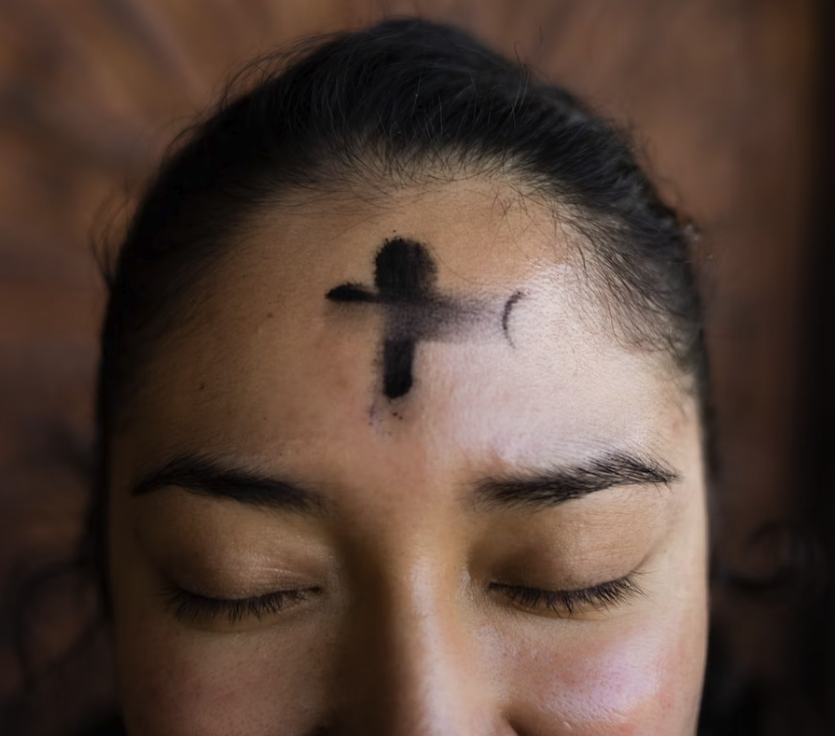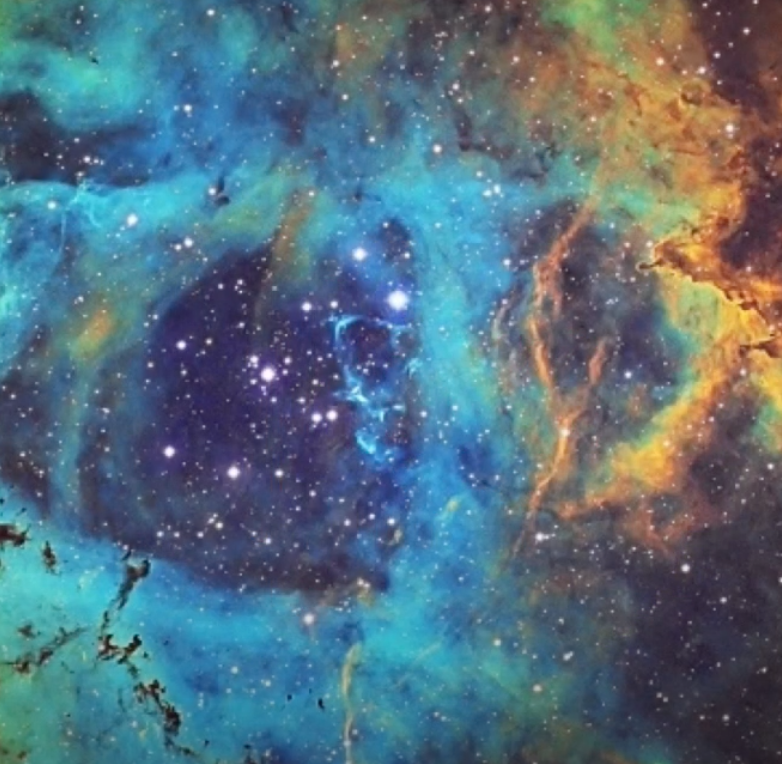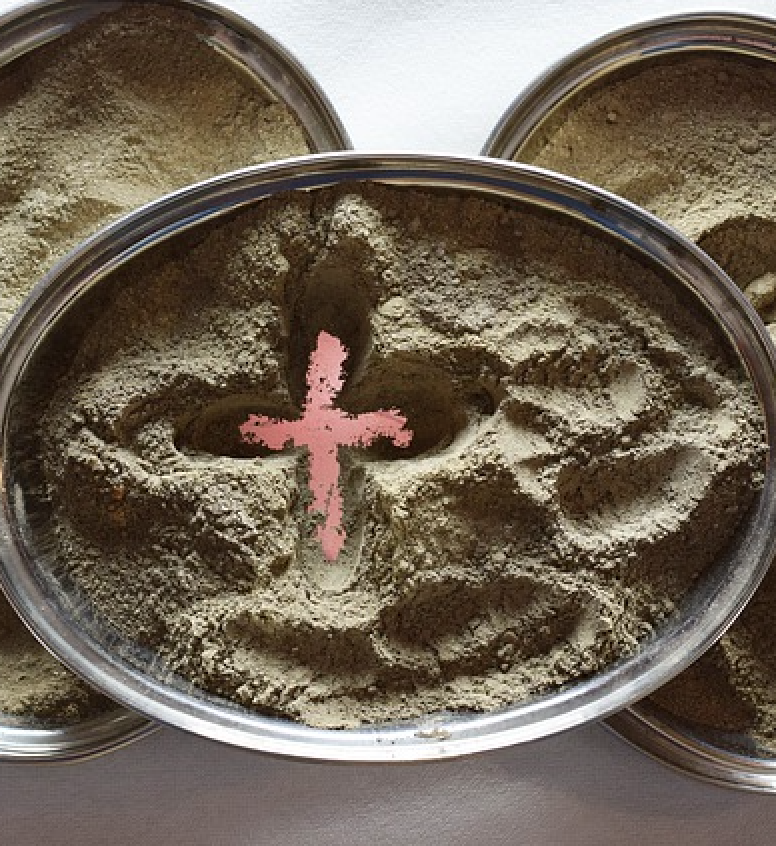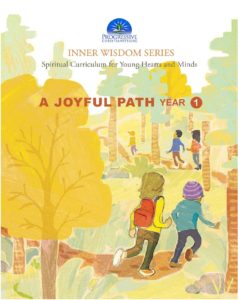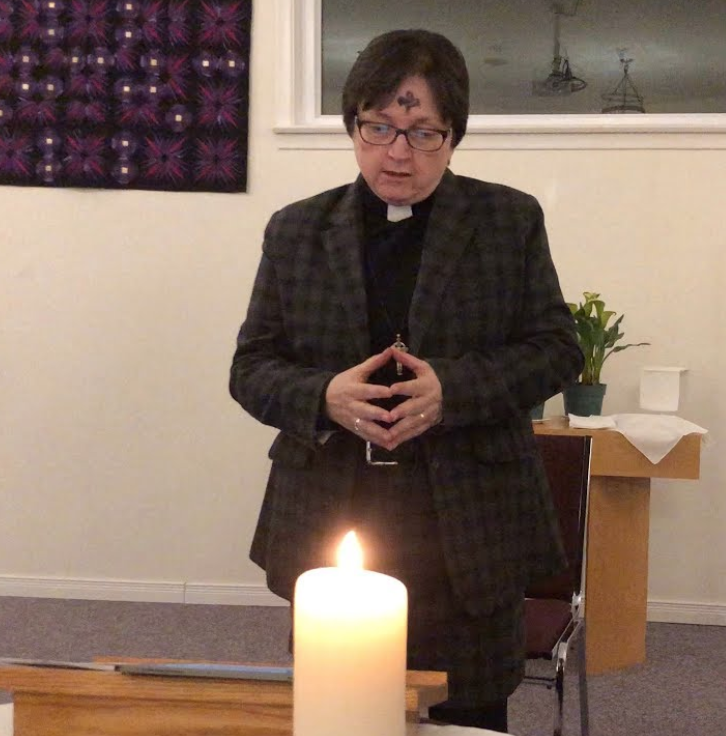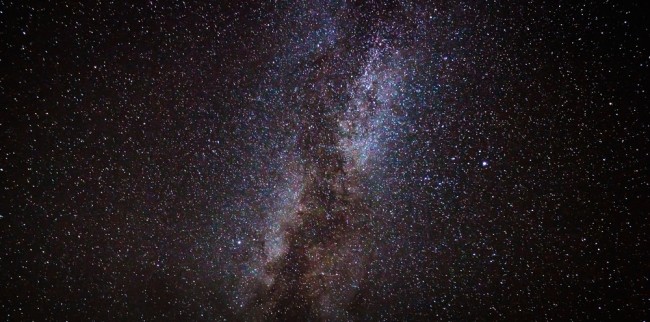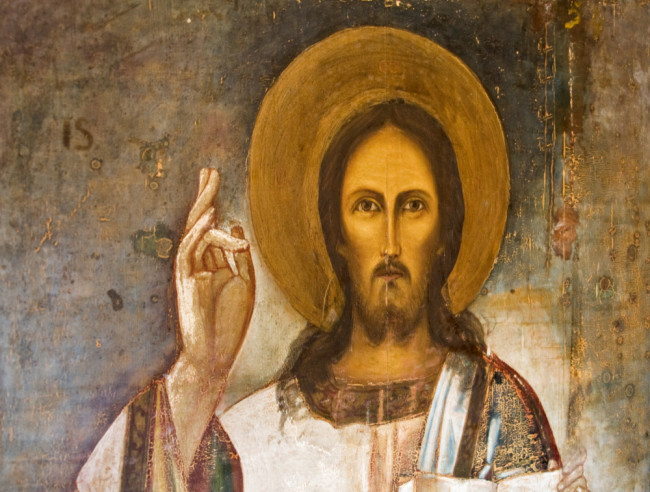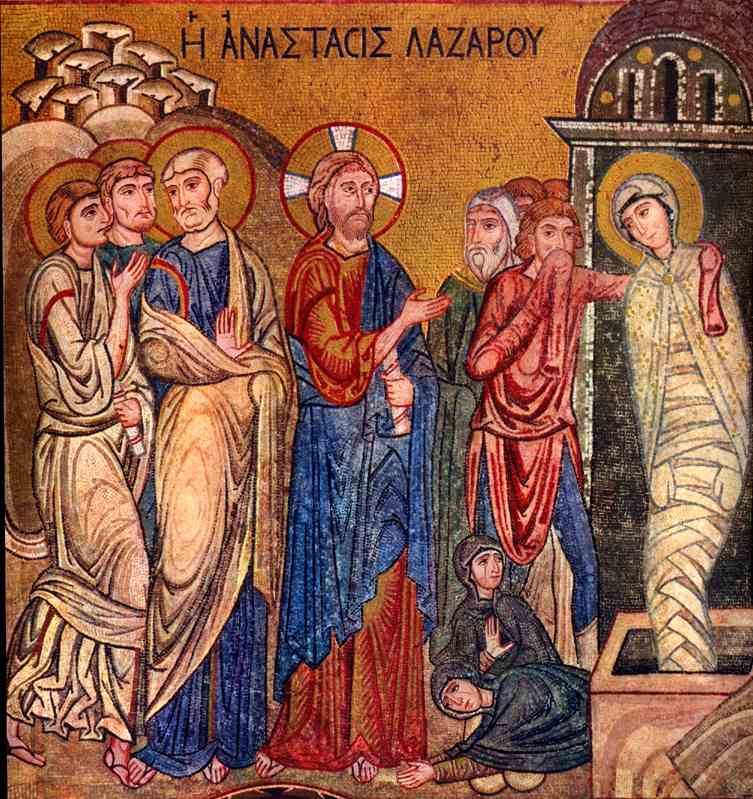A Liturgical Piece
When all is burned away by violence, fear and greed We tremble in our terror that we’ve lost the things we need.
In the wilderness of these days, I find myself tempted to retreat from the world around me. The pandemic has trained me
Join us as we usher in the season of Lent with The Fountains' unique "ancient-future" observance of Ash Wednesday. Taking seriously the reality of our mortality, we also connect with the broader creation and the gift of life — all in a way ancient Christians may have recognized; around a bonfire.
Let us feast on simple pleasures, and fast from all that gets our bodies and souls out of balance.
God, Our Source and Ground of Being, In you we live, move, and exist.
*** This page has moved - please click here to Order Hard Copy and DVD. To see all Purchase Options Please Click Here.
An Ash Wednesday Reflection: Our changing understanding of what it means to be human, changes the nature of Ash Wednesday's wake-up call.
Genesis 2:15-17; 3:1-7, Matthew 4:1-11
Each year as Lent approaches, I find myself flirting with the idea of giving up Lent for Lent. Lent is just too much work. For centuries, during Lent the church has emphasized so many concepts that seem alien to the 21st century mind. Each year during Lent preachers are required to undertake the unenviable task of unpacking unpopular, seemingly antiquated concepts in an effort to encourage the contemporary churchgoer to entertain the equally antiquated rituals of Lent. I mean Christmas and Easter might attract a few more people to our sanctuary, but how do you attract people with talk about repentance or fasting? Just look at our readings for this morning. Temptation is the order for toady. Eve and Adam succumbing to temptation, the Apostle Paul prattling on, heaping condemnation upon the first parents for having given in to temptation, and then Jesus himself resisting temptation from non-other than the Devil. Not exactly cheery stuff designed to bring comfort on a cold damp winter morning, where apart from the time change, there are very few signs of a longed for spring.
On Ash Wednesday, we dare to speak the truth. We speak the truth not in the refreshing light of the morning but in the cold darkness of a winter’s night. We are dust and to dust we shall return. We will die. We are mortal beings and so our lives will end. Our culture has taught us to deny death. Even our funerals have become celebrations of life. But life without the reality of death is lived cheaply, shallowly, in a half-sleep always pushing away and denying reality. So, on Ash Wednesday let us revel in the knowledge that we are dust and to dust we shall return. Revel in this knowledge because it liberates us!
An Alternative Ash Wednesday Ritual
Leader: The season of Lent calls us to journey along the edge, to anticipate that final trip to Jerusalem. Group response: Lent call us to the cutting edge, when the wheat falls to the ground and new life comes forth.
Today, like Jesus, we may be facing a barren desert We may be tempted to do the wrong thing To do something selfish To do something hurtful.
About the life of Jesus of Nazareth, the Bible records some of the story A man who walked on Earth, helping us seek the God of eternal glory
The Gift of Mortality
Avowed atheist Susan Jacoby recently created a dust up with a recent article in the New York Times Sunday Review entitled, “The Blessings of Atheism.” She wrote in response to all the god-talk that appeared in the immediate aftermath of the Newtown massacre; with all those unanswerable questions or inadequate answers to human suffering and death so often peddled in popular religious belief. So too, not long ago author and “non-believer,” Christopher Hitchen’s posthumously published his little book Mortality; recounting his rambling thoughts on his own imminent demise; after a terminal diagnosis left him a sufficient number of days to find himself “deported from the country of the well across the stark frontier that marks off the land of malady.” But what, or where to, after that? What if this really is all there is? It seems there has always been the human hankering to imagine all kinds of fanciful notions, in our attempts to recapitulate our mortal existence into something more than it is. Many religious traditions, including centuries of “mainline” orthodox Christianity, employ great mythic stories to describe a life subsumed into something greater than we can either know, or grasp, except by “faith.” Heaven knows, some folks try to better themselves, merely in the hope of a remote possibility there something more, after our death, which is a certainty. But in the end, is it all dust and ashes? And is that OK? This is the liturgical time of year when many in the Christian tradition undergo a seasonal pilgrimage in which the faithful are reminded at the onset we mortals are nothing more than dust. And so we will one day return to that from whence we came. Then the traditional forty days end with the perennial re-enactment of a passion play commemorating the mortal demise of the one whom Christians even these many centuries later would profess to follow. Many do so in the hope of some kind of immortality for themselves in some indecipherable form or other; attributing to Jesus a “resurrection” that means the same thing to them as god-like immortality; while others of us may find such imaginings to be not only reasonably implausible, but of less importance than what we take to be of greater significance and meaning in this faith tradition. Otherwise, the vainglorious hope of immortality can become so enshrouded in our mortal fears that we become – like Lazarus in his early grave – so wrapped up in death that we fail to truly acknowledge and appreciate the gift of our mortality for what it is; nothing more, nor less. With the certain assurance then that we are but dust and ash, we can ask ourselves if the gift of our mortality is not only enough, but more than enough? And if so, as the psalmist says, how then shall we “number our days, that we may apply our hearts to wisdom?” (Psalm 90:12)
The Year of Luke is the first in a series of commentaries on biblical scripture found in the three-year cycle of Christian liturgical

